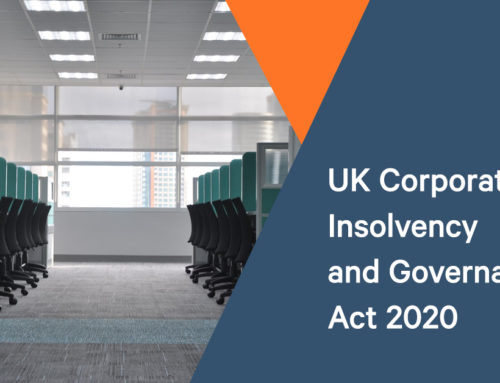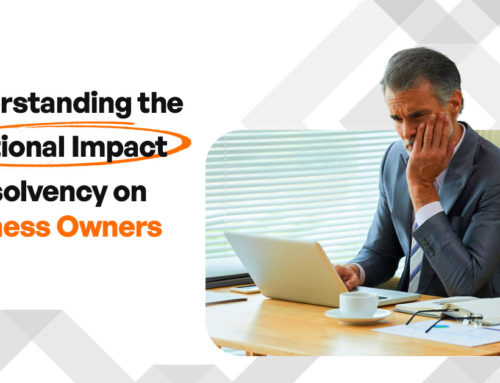People often find that after a period of time, usually around six months, a company to whom they owe money will pass the debt over to a debt collection agency. Paying off debts is not always an easy task when much of the time you are only paying the interest.
Debts that haven’t been paid can be either placed with or sold to a collection agency, as long as they are regulated by the Consumer Credit Act. This is a normal process and applies to many types of consumer debt, such as loans, overdrafts, hire purchase, store cards, catalogues and credit cards. It is recommended that people pay off debts as soon as possible and to keep on top of regular payments.
Why do creditors sell debts and who buys the debt?
Creditors, such as credit card and store card providers, focus on lending money and collecting regular payments. They are not specialists in chasing arrears and so they employ debt collection agencies to do the job for them, or sell the debt to a debt purchasing company.
The difference between a debt collection agency and a debt purchasing company is that a collection agency works on behalf of the creditor and chases the people who are in arrears; they don’t own the debt. However, a debt purchasing company will buy the debt from the creditor and chase the arrears for their own benefit.
If the creditor debt is significantly high, it is more likely the creditor will sell the debt to a debt purchasing company. They are sold at less than face value but the purchaser is entitled to collect the full balance, and that’s where they make their profit.
What happens to the debt when it’s bought by a debt purchaser?
Once a debt has been bought by a debt purchasing company, the original creditor no longer owns the debt. The company that purchased the debt now owns it and is entitled to chase the full amount. However, they have to abide by the terms set out in the original credit agreement. Therefore, if no interest is charged in the agreement, they are not allowed to charge interest either. In addition, a person’s legal rights do not change when the debt is sold but neither does the responsibility to pay off the debt.
Generally, once a debt has been sold off, the new owner of the debt usually halts any interest or charges on the debt. In some cases however, that’s not the case and if the original credit agreement allowed for interest and other charges, the debt purchaser is able to continue adding these amounts.
It is worth noting that under the Limitation Act 1980, a creditor or debt collection agency in England has six years in which to collect the arrears, or twelve years if the debt is arrears on a mortgage. However, if a CCJ has been registered against you for the debt, there is no limitation period. Also, the Limitation Act does not apply to Crown debts, such as income tax.
What to do if a debt has been sold?
If a creditor has sold a debt and the collection agency comes knocking on the door for payment, firstly, don’t ignore it. Paying off debts is something that needs to be prioritised or the problem will just escalate, as will the amount owed.
Once the debt has been sold, and as long as it is regulated, the original creditor and the debt collection agency will notify the person who owes the debt in writing of the change. It is recommended that the agency is contacted as soon as possible and terms are agreed to pay off the debt.
Should the debt collection agency not receive any payments, they are entitled to register a CCJ (County Court Judgement) against you via the courts. This will order the debtor to make payments but does not have the power to send in the bailiffs, although they can send one of their agents.
Whether the creditor is using a debt collection agency to chase payments or has sold the debt, the debtor’s responsibility to pay off the debt remains, in accordance with the original agreement. Most debt collection agencies provide support and are happy to arrange payment instalments that are comfortable with the debtor.
Can a debt purchaser sell off a debt they’ve bought?
Legally, yes, they can. However, the original credit agreement remains in place and the debtor is still responsible for paying off the debt. Sometimes, if one debt collection agency is not having much success in collecting the debt, they will sell it to another agency. The new agency has to abide by the agreement, i.e. they could add interest and charges, which ultimately increases the amount a debtor has to pay.
How can I pay off debt?
In 2020, during the COVID-12 lockdown in March and April, consumers paid off a record £7.4 billion in credit card and loan debt. This clearly demonstrates, with the majority of retail stores being closed, that significantly reducing spending habits is the number one way to reduce personal debt. It has to be said that this was also coupled with reduced interest rates.
Paying off debt can be a struggle if only the interest is paid on a monthly basis. Here are some tips on paying off debt:
- Get a clear picture of what you owe, to whom and how much is currently being paid to creditors
- Draw up a household budget plan that details your incoming and outgoings
- Work out where money can be saved to allocate more to paying off the debt. Stick to the budget plan as much as possible
- Get a free credit report from a credit reference agency, such as Experian or Equifax. Check the report for any errors and get them amended. Aim to improve your credit score by keeping up regular payments.
- Prioritise paying off debts before saving money. Interest on debts is far higher than interest on savings accounts. If you have a debt and savings account with the same provider, they are entitled to ‘set off’ and use money in your savings or current account to pay off a debt, such as a loan. This will impact cash flow; therefore, open a savings account with a different provider.
If you are struggling with personal debt or you are thinking of winding up a solvent company voluntarily, the first step is to seek professional advice. Our highly experienced professionals at Leading are on hand to help and advise on the process.






